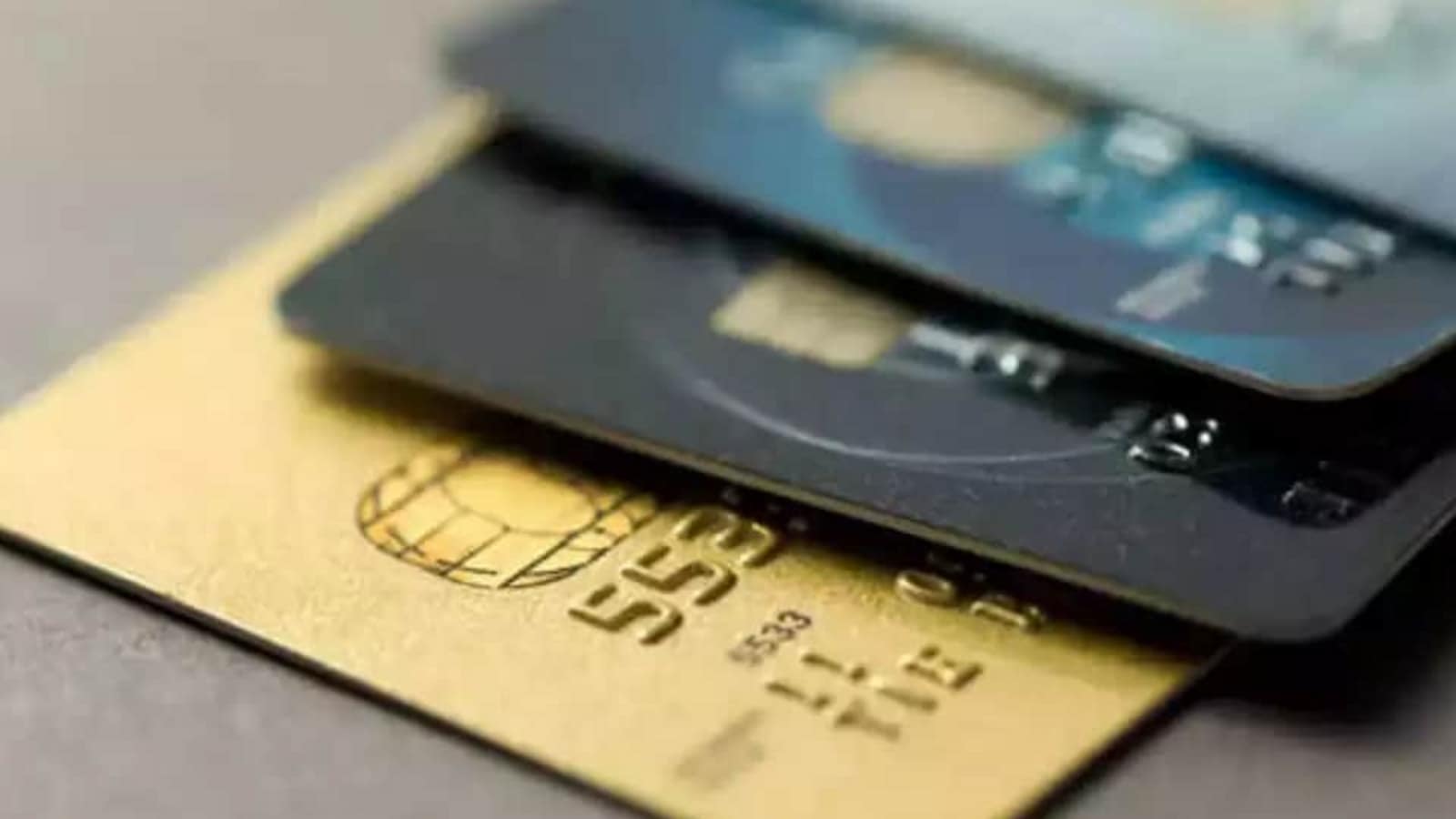How long can you keep a credit card without using it? Risks and tips explained

Credit cards now come in all types and forms. Banks issue credit cards catering to specific spending categories that include groceries, food and dining, travel, utilities and entertainment. While it is advisable to have a single credit card for all your spending needs, a lot of people use multiple credit cards to avail rewards, cashbacks and other benefits.
So, what happens if you get a credit card for a specific benefit—say travel—use it for a couple of months and forget all about it? If you do not use your credit card for more than one year, your bank will start the process of closing your credit card account after informing you. Here is a guide on how to keep your credit card account active and the rules governing them.
How long can you keep your credit card unused and what happens next?
If a credit card is not used for more than a year, the bank will initiate steps to close it. “If a credit card has not been used for a period of more than one year, the process to close the card shall be initiated after intimating the cardholder. If no reply is received from the cardholder within a period of 30 days, the card account shall be closed by the card-issuer, subject to payment of all dues by the cardholder,” Reserve Bank of India (RBI) said in its ‘Master Direction – Credit Card and Debit Card – Issuance and Conduct Directions, 2022’.
“The information regarding the closure of the card account shall also accordingly be updated with the Credit Information Company/ies within a period of 30 days,” it said. “Subsequent to closure of credit card accounts, any credit balance available in credit card accounts shall be transferred to the cardholder’s bank account. Card-issuers shall obtain the details of the cardholder’s bank account, if the same is not available with them,” the apex bank said.
“Cardholders shall be provided an option to submit a request for closure of credit card account through multiple channels such as helpline, dedicated e-mail-id, Interactive Voice Response (IVR), prominently visible link on the website, internet banking, mobile-app or any other mode,” RBI stated.
“The card-issuer shall not insist on sending a closure request through post or any other means which may result in the delay of receipt of the request. Failure on the part of the card-issuers to complete the process of closure within seven working days shall result in a penalty of ₹500 per calendar day of delay payable to the cardholder, till the closure of the account provided there is no outstanding in the account,” the apex bank said.
What should you do to keep the credit card active?
The simple way to keep the credit card account active is to use it at least once a year. Make at least one transaction using your credit card during the year and it will be enough to keep the account active.
For instance, if you have a credit card focussed on travel benefits, you can use it during your annual vacations. This way, you will not only be able to keep the card active but also enjoy rewards and perks that come with it.
Incidentally, the RBI does not consider the service charges or interest debited by the bank as valid transactions to keep a credit card account active. Card issuing banks charge a fee for account maintenance if customers leave their credit card account dormant for quite some time. The account maintenance fee is typically deducted from the savings account linked to the credit card.
What is the impact of an unused credit card on your credit score?
Unused credit cards can actually have a positive impact on your credit score as long as they remain active. This happens because an unused credit card will bring your credit utilisation ratio (CUR), a key metric in the credit score, down, as the entire credit limit will remain untapped.
For instance, if you have two credit cards with a limit of ₹10 lakh each, the total credit available to you will total ₹20 lakh. Since banks consider a CUR of 30% as ideal, you can spend up to ₹6 lakh in a billing cycle without hurting the credit score even though all the spending happens only on one card with a limit of ₹10 lakh. But if you close one card, your limit will decline to ₹10 lakh and you can spend only up to ₹3 lakh in a billing cycle to keep the CUR within limits.
So, a credit card closure will severely affect your spending ability. If the credit card account is closed due to lack of usage, it will have an adverse impact on your credit score in the immediate term. Please do note that you cannot reactivate your closed credit card.
What factors should you consider for closing the credit card?
You should have solid reasons for closing a credit card. You can close the card if you have a large outstanding amount and find it difficult to make the payment. In such a scenario, you can take a personal loan or a secured loan with a low-interest rate and close the card account. You can also consider closing credit card accounts if you have several credit cards that you do not need anymore. Credit cards with high annual fees can also be an ideal candidate for closure.
If you have multiple cards and are faced with a situation where you have to close some of them, always make sure to retain credit cards on which you have not missed payments. This is because a credit card is a measure of your financial behaviour.
If you have been paying your entire bills on time on a credit card account, it does not make any sense to close it. You will be able to get a higher credit score and better loan terms on the basis of that account. It is also better to close a new credit card and continue the old one.
The older credit card is not only a reflection of your income and spending patterns but also a document of your credit history showing your credibility and reliability as a borrower. If you have a long credit history with prompt payments, your credit score and chances of securing loans on favourable terms will increase significantly.
Allirajan M is a journalist with over two decades of experience. He has worked with several leading media organisations in the country and has been writing on mutual funds for nearly 16 years.







